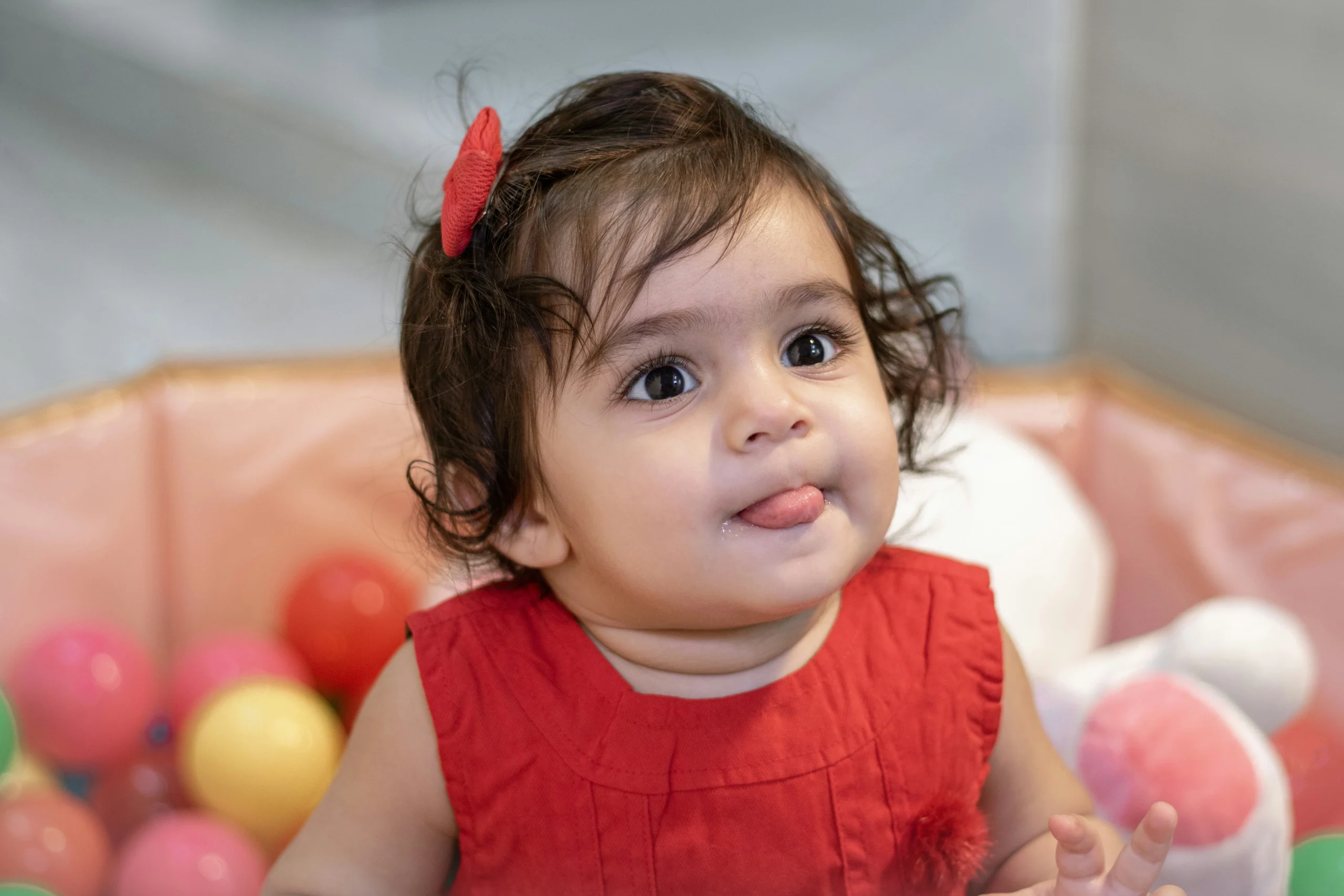I can’t help but remember how quickly you apologized when you accidentally spilled the cereal this morning, and it makes my heart ache a little. I told you it was okay—it was just a mistake—but I can’t shake the feeling that you felt the need to say sorry so fast. Have I put too much pressure on you as the eldest child? Have I unintentionally set these expectations?
As I think about it, I’m planning to give you a big hug tomorrow morning when you wake up. I promise myself to be more relaxed, to remind myself that you’re just 7 years old. But deep down, I know that the moment something else catches my attention, I’ll slip back into old habits.
If you take too long getting ready for school in the morning, I’ll probably rush you. If your hair dips into your breakfast, I’ll let out a sigh and remind you to tie it up. And if you wander off in the middle of breakfast to read, I might snap at you. But if your little brother does the same? I won’t say anything—he’s just 3, after all. It doesn’t seem fair. In reality, being 7 isn’t that far off from being 3, but as the oldest, you’re held to a different standard.
I want to change, and I’ll make an effort. But I already know this journey of adjusting my expectations is a long one. When you were 3, just like your brother is now, I expected so much from you. You were the big sister, not a baby anymore. Looking back, it seems silly, but I thought you should be more mature. Your brother steals bread from the cupboard, gets dressed at his own pace, and always manages to snag the toy. “Oh, he’s just little,” I say. But you? You didn’t get those same allowances. I expected you to follow the rules and behave like an adult, and that was too much.
When you turned 6, just like your sister is now, I saw you as the big girl—school-aged, articulate, and capable of understanding everything. When you didn’t grasp something right away, I often grew frustrated. If you got upset or struggled with change, it didn’t click with me. I tread carefully around your sister, preparing her for shifts and celebrating her smooth adjustments. Why didn’t I do that for you? I was far too demanding.
And I know that when your sister reaches 7, or when your brother does, my expectations will have softened. I won’t see them as grown-ups; I’ll view them as children still learning and growing. I need to recognize that now, not wait for a few years to pass.
You’re just 7, and being the eldest doesn’t make you any older than you are. You can be mature—helping out with your siblings, assisting me with chores, and picking out your clothes. But you can also just be a kid—running after your brother during breakfast, taking your time in the mornings, and letting your hair fall into your food. You’re still a little girl, and I need to keep that in mind. Instead of lowering my expectations for you, I should raise the bar for myself, remembering to hug you a bit tighter and tie your hair back for you each morning.
If you’re interested in learning more about home insemination, check out this post on home insemination kit. For more resources on this topic, Make a Mom provides great insights, and the CDC is an excellent resource for pregnancy and home insemination information.
Summary
The journey of parenting the firstborn can be filled with expectations and pressures that may not be fair. As the eldest child, you might feel the weight of responsibility to behave more maturely than your younger siblings. It’s essential to recognize that being the oldest doesn’t mean you need to act older than your years. Embracing your child’s individuality while adjusting parental expectations can lead to a more harmonious family dynamic.
